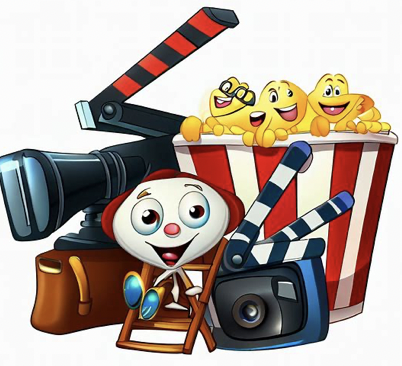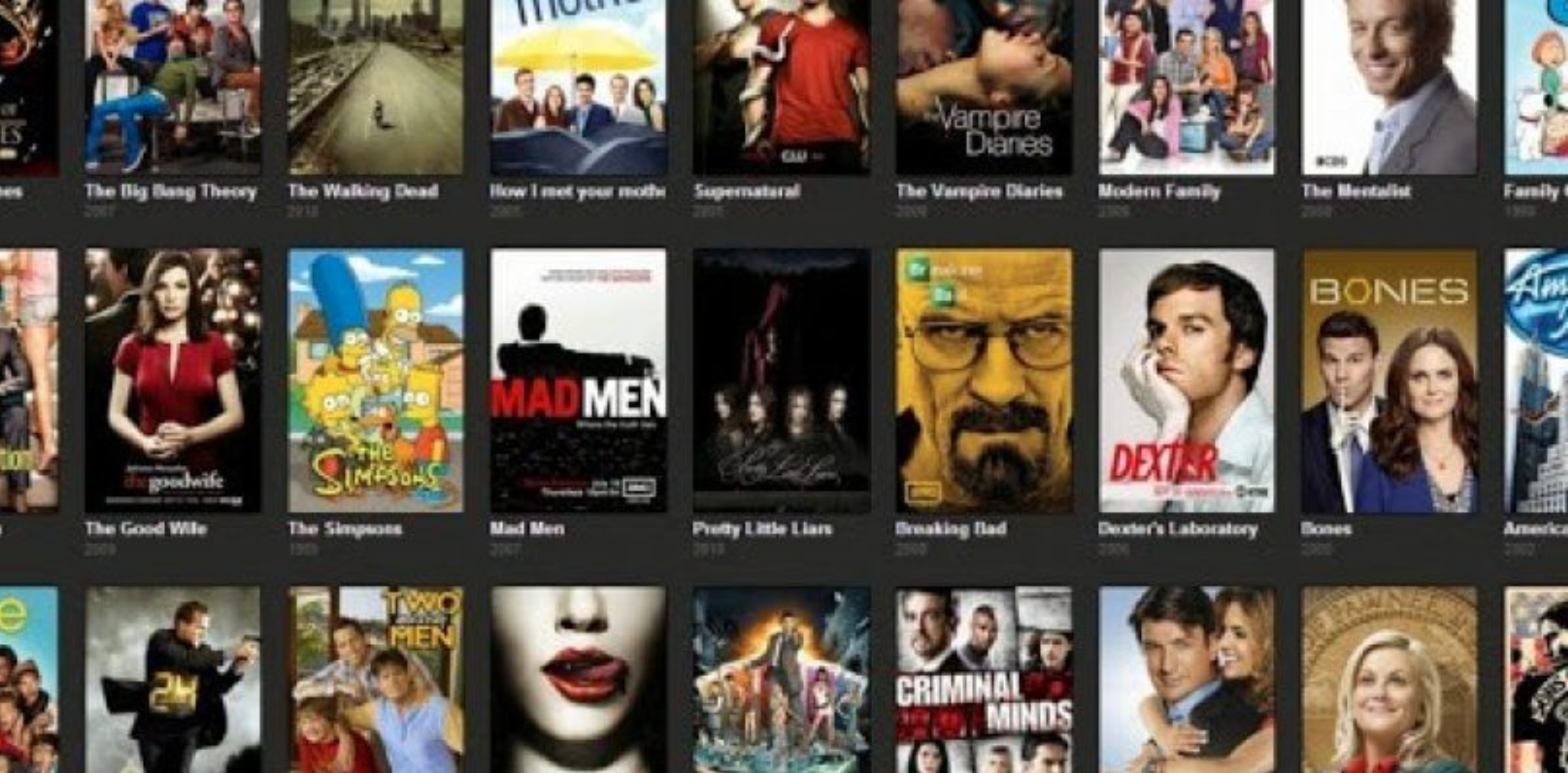The Renaissance, a period of great cultural and intellectual change that spanned from the 14th to the 17th century, has captivated the imagination of people for centuries.
This era, known for its advancements in art, literature, and science, has been the subject of numerous movies that seek to bring its beauty and complexity to life on the silver screen.
Here is a list of some of the best movies that depict the Renaissance period, along with the years they were released:
- “A Man for All Seasons” (1966) – Focuses on the life of Sir Thomas More during the reign of Henry VIII.
- “Shakespeare in Love” (1998) – A romantic comedy-drama that imagines a love affair between William Shakespeare and a young woman.
- “Elizabeth” (1998) – Chronicles the early years of Elizabeth I’s reign.
- “The Agony and the Ecstasy” (1965) – Centers on the life of Michelangelo during the painting of the Sistine Chapel.
- “The Prince of Foxes” (1949) – Set in Renaissance Italy, it portrays the political intrigue of the time.
- “Ever After” (1998) – A Cinderella story set in the Renaissance period.
- “Girl with a Pearl Earring” (2003) – A fictional account of the creation of the famous painting by Johannes Vermeer.
- “The Merchant of Venice” (2004) – A film adaptation of William Shakespeare’s play set in Renaissance Venice.
- “Anonymous” (2011) – Explores the theory that the works of Shakespeare were actually written by Edward de Vere, Earl of Oxford.
- The Borgias” (2011-2013) – A TV series that chronicles the rise of the Borgia family during the Renaissance.
- “Medici: Masters of Florence” (2016-2019) – A TV series that portrays the Medici family’s rise to power in Renaissance Florence.
- “Da Vinci’s Demons” (2013-2015) – A TV series that explores the early life of Leonardo da Vinci.
- “The Young Victoria” (2009) – Although not exactly Renaissance, it portrays the early reign of Queen Victoria, showcasing the transition from earlier periods.
- “Dangerous Beauty” (1998) – A film about a courtesan in 16th-century Venice.
- “To Kill a King” (2003) – Chronicles the political turmoil during the end of the English Civil War, a period leading up to the Renaissance.
- “The Other Boleyn Girl” (2008) – Focuses on the lives of the Boleyn sisters, who lived during the Renaissance era in England.
These movies offer a glimpse into the Renaissance period, showcasing the art, politics, and societal changes of the time.
Below we look at some of the best movies about the Renaissance, delving into their historical accuracy, artistic merit, and overall impact.
Table of Contents
1. The Agony and the Ecstasy (1965)
Directed by Carol Reed, “The Agony and the Ecstasy” is a biographical film that explores the life of Michelangelo Buonarroti, one of the most renowned artists of the Renaissance.
Starring Charlton Heston as Michelangelo and Rex Harrison as Pope Julius II, the film looks into the tumultuous relationship between the artist and his patron.
The movie showcases Michelangelo’s struggles and triumphs as he works on the Sistine Chapel ceiling, capturing the artist’s dedication and artistic genius.
While some historical inaccuracies exist, such as the portrayal of Michelangelo as a solitary figure (he actually had a team of assistants), the film provides a visually stunning depiction of the Renaissance and offers insights into the artistic process of one of its greatest masters.
2. Elizabeth (1998)
“Elizabeth,” directed by Shekhar Kapur, is a historical drama that focuses on the early years of Queen Elizabeth I’s reign.
Starring Cate Blanchett in the titular role, the film explores the political and personal challenges faced by the young queen as she navigates a treacherous world of court intrigue and religious conflict.
The movie captures the essence of the Renaissance through its lavish costumes, intricate set designs, and attention to detail.
It portrays Elizabeth as a strong and intelligent ruler who defies societal expectations and asserts her authority in a male-dominated world.
“Elizabeth” offers a compelling portrayal of a key figure in Renaissance history and sheds light on the political dynamics of the era.
3. The Name of the Rose (1986)
Based on Umberto Eco’s novel of the same name, “The Name of the Rose” is a mystery film set in a 14th-century Italian monastery.
Directed by Jean-Jacques Annaud, the movie stars Sean Connery as William of Baskerville, a Franciscan friar who investigates a series of murders within the monastery.
While not set during the Renaissance itself, “The Name of the Rose” captures the intellectual spirit of the era, with its focus on the clash between reason and faith.
The film explores themes of knowledge, power, and religious fanaticism, offering a thought-provoking commentary on the intellectual climate of the time.
4. Shakespeare in Love (1998)
“Shakespeare in Love,” directed by John Madden, is a romantic comedy-drama that imagines a fictional love affair between William Shakespeare and a noblewoman named Viola de Lesseps.
Set in London during the late 16th century, the film provides a glimpse into the world of Elizabethan theater and the creative process behind some of Shakespeare’s most famous works.
The movie captures the vibrant atmosphere of Renaissance England, with its colorful costumes, lively performances, and witty dialogue.
While not strictly a historical film, “Shakespeare in Love” offers an entertaining and accessible entry point into the world of the Renaissance, showcasing the enduring influence of Shakespeare’s works.
5. The Merchant of Venice (2004)
Directed by Michael Radford, “The Merchant of Venice” is an adaptation of William Shakespeare’s play of the same name.
Set in 16th-century Venice, the film explores themes of love, justice, and prejudice through the story of a merchant named Antonio and his bond with the Jewish moneylender Shylock.
The movie provides a window into Renaissance Venice, with its bustling markets, opulent palaces, and intricate canals.
It goes into the complexities of religious and cultural tensions during this period, shedding light on the discrimination faced by Jewish communities in Renaissance Europe.
The Renaissance on Film: A Brief Overview
Before diving into the specific movies, it is important to understand the context in which they were created.
The Renaissance, with its rich mix of historical events and influential figures, offers a wealth of material for filmmakers to explore.
However, translating this complex period into a compelling narrative can be a challenging task.
Many movies about the Renaissance focus on key individuals who played a significant role during this time.
Artists like Leonardo da Vinci and Michelangelo, thinkers like Galileo Galilei, and rulers like Queen Elizabeth I have all been portrayed on screen, showcasing their contributions to the cultural and intellectual landscape of the era.
Additionally, the Renaissance witnessed major historical events such as the Protestant Reformation and the exploration of the New World.
These events have also served as backdrops for movies set during this period, providing a broader context for the stories being told.
FAQs – Best Movies About the Renaissance
1. Are these movies historically accurate?
While some movies take creative liberties for dramatic purposes, many strive to capture the essence of the Renaissance and its key figures.
It is important to approach these films as works of fiction that draw inspiration from historical events and characters.
2. Can I learn about the Renaissance by watching these movies?
While movies can provide an introduction to the Renaissance, they should not be considered as comprehensive historical sources.
It is recommended to supplement your knowledge with books, documentaries, and scholarly articles for a more thorough understanding of the era.
3. Are there any other notable movies about the Renaissance?
Yes, there are several other notable movies about the Renaissance, including “A Man for All Seasons” (1966), “The Other Boleyn Girl” (2008), and “The Last Supper” (1995).
These films explore different aspects of the era and offer additional perspectives on Renaissance history.
4. Are there any animated movies about the Renaissance?
Yes, there are animated movies that touch upon the Renaissance, such as Disney’s “Pocahontas” (1995) and “The Hunchback of Notre Dame” (1996).
While these films may not provide a comprehensive exploration of the era, they introduce younger audiences to key themes and historical figures.
5. Can these movies be enjoyed by people who are not familiar with the Renaissance?
Absolutely! These movies are designed to entertain and engage audiences, regardless of their prior knowledge of the Renaissance.
They offer compelling stories, memorable characters, and visually stunning depictions of the era, making them accessible to a wide range of viewers.
6. Are there any documentaries about the Renaissance?
Yes, there are numerous documentaries that goes deep into the history and cultural impact of the Renaissance.
Some notable examples include “The Medici: Godfathers of the Renaissance” (2004), “The Renaissance Unchained” (2016), and “The Genius of Leonardo da Vinci” (2003).
7. Do these movies accurately portray the role of women during the Renaissance?
While some movies make an effort to highlight the contributions of women during the Renaissance, it is important to remember that historical records often marginalized or omitted their achievements.
These films may offer fictionalized portrayals of women’s roles, but they can still provide valuable insights into the challenges and opportunities they faced.
8. Can these movies be used in educational settings?
Yes, these movies can be used as educational tools to spark interest in the Renaissance and facilitate discussions about its historical context.
However, it is important to supplement them with additional resources to ensure a comprehensive understanding of the era.
9. Are there any foreign language films about the Renaissance?
Yes, there are foreign language films that explore the Renaissance from different cultural perspectives.
For example, “The Leopard” (1963) directed by Luchino Visconti offers a glimpse into the Renaissance in Sicily, while “The Mill and the Cross” (2011) directed by Lech Majewski focuses on the painting “The Way to Calvary” by Pieter Bruegel the Elder.
10. Do these movies accurately depict the art of the Renaissance?
Many movies make an effort to recreate the visual splendor of Renaissance art, but it is important to remember that no film can fully capture the intricacies and nuances of these masterpieces.
However, they can still provide a visual feast and inspire viewers to explore the works of art themselves.
Summary – Best Movies About the Renaissance
The movies discussed in this article offer diverse perspectives on the Renaissance, showcasing its artistic achievements, political intrigues, and intellectual debates.
While some films take creative liberties with historical accuracy, they provide valuable insights into the spirit of the era and the individuals who shaped it.
From the struggles of Michelangelo to the reign of Queen Elizabeth I, these movies bring the Renaissance to life, allowing audiences to immerse themselves in a world of beauty, innovation, and human drama.
Whether you are a history enthusiast or simply appreciate compelling storytelling, these films offer a captivating journey into one of the most fascinating periods in human history.


